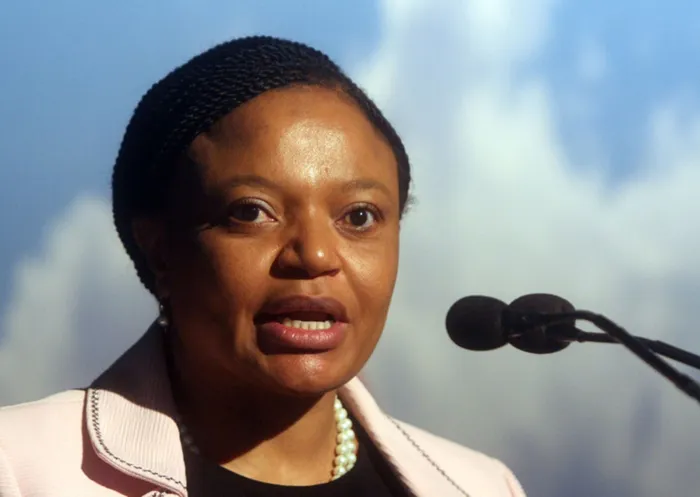SAA not asking for a bailout, says CEO

DURBAN 14052012 Siza Mzimela, CEO of SAA. Picture: Jacques Naude DURBAN 14052012 Siza Mzimela, CEO of SAA. Picture: Jacques Naude
When SAA recently asked the government for “proper capitalisation”, it was not asking for a bailout, chief executive Siza Mzimela said in Durban on Monday.
While the national airline had money, it needed to raise the necessary capital to renew its fleet, introduce a premium economy cabin which was what passengers wanted, and expand its business class cabin.
Mzimela said this at her annual business briefing at the Indaba tourism trade show when she shared some of the things that the airline had been doing, what it planned to do and told how SAA was making progress in challenging times.
One challenge was that SAA had been hit with an extra R2,6 billion fuel bill, she told guests at the International Convention Centre.
SAA had asked the government for funding for its new growth strategy in February so that it could increase its long-haul aircraft, while comprehensively renewing its short-haul fleet.
Replacing long-haul aircraft had already started, and six A330-200 planes had been delivered.
The airline expected to finalise a major aircraft order by the end of the year to replace non-efficient long-haul aircraft.
And when it came to the short-haul aircraft, two A320 planes had already been delivered this year.
Twenty new, fuel-efficient, Airbus A320s would be delivered in the next five years, and Mzimela said that SAA’s entire fleet of short-haul Boeing 737-800s would be replaced by 2017.
Saying that the global airline industry was under extreme pressure, she said that airlines were reporting losses, slashing thousands of jobs and closing down, while four airlines – Malaysian Airlines, TAP Portugal, Jet Airways and Iberia – had announced their withdrawal from SA.
Locally, Velvet Sky had ceased operating and Comair, operator of BA and Kulula, had reported its first loss in 61 years.
But there would definitely be no job cuts in SAA, she said. This was because the airline had a growth strategy, she added. Despite the difficult operating environment, it was important to introduce new destinations and new frequencies and invest in fuel-efficient aircraft.
SAA had a good story to tell: it had a solid yield improvement of 17 percent in the first quarter of 2012 and the passenger revenue was up 20 percent in the last quarter of the 2011/2012 financial year.
However, the recent performance of the UK business was concerning.
“Things are turning around,” she said. The airline had recorded its best on-time performance (87 percent) for 12 years.
“This is fantastic. The business passenger is assured that when he books a flight, SAA will be on time.”
The number of mishandled bags was down 8 percent, passenger complaints were down 13 percent and passenger compliments were up 10 percent.
The number of Voyager redemption seats available to passengers wanting to use their air miles had gone up 27 percent.
Mango, the group’s low-cost airline, had shown a year-on-year passenger growth of 15 percent and was the first airline in Africa to have on-board internet access.
This would soon be seen in the rest of the group, she said to applause.
SAA would continue to look at routing out of Durban, but only made announcements when it was due to implement new services.
Another airline (Comair) had announced a direct international flight to London last year, but “there is still no sign”, she said.
Comair told the Daily News that the route was still on its radar, but that it was not feasible at the moment. - Daily News